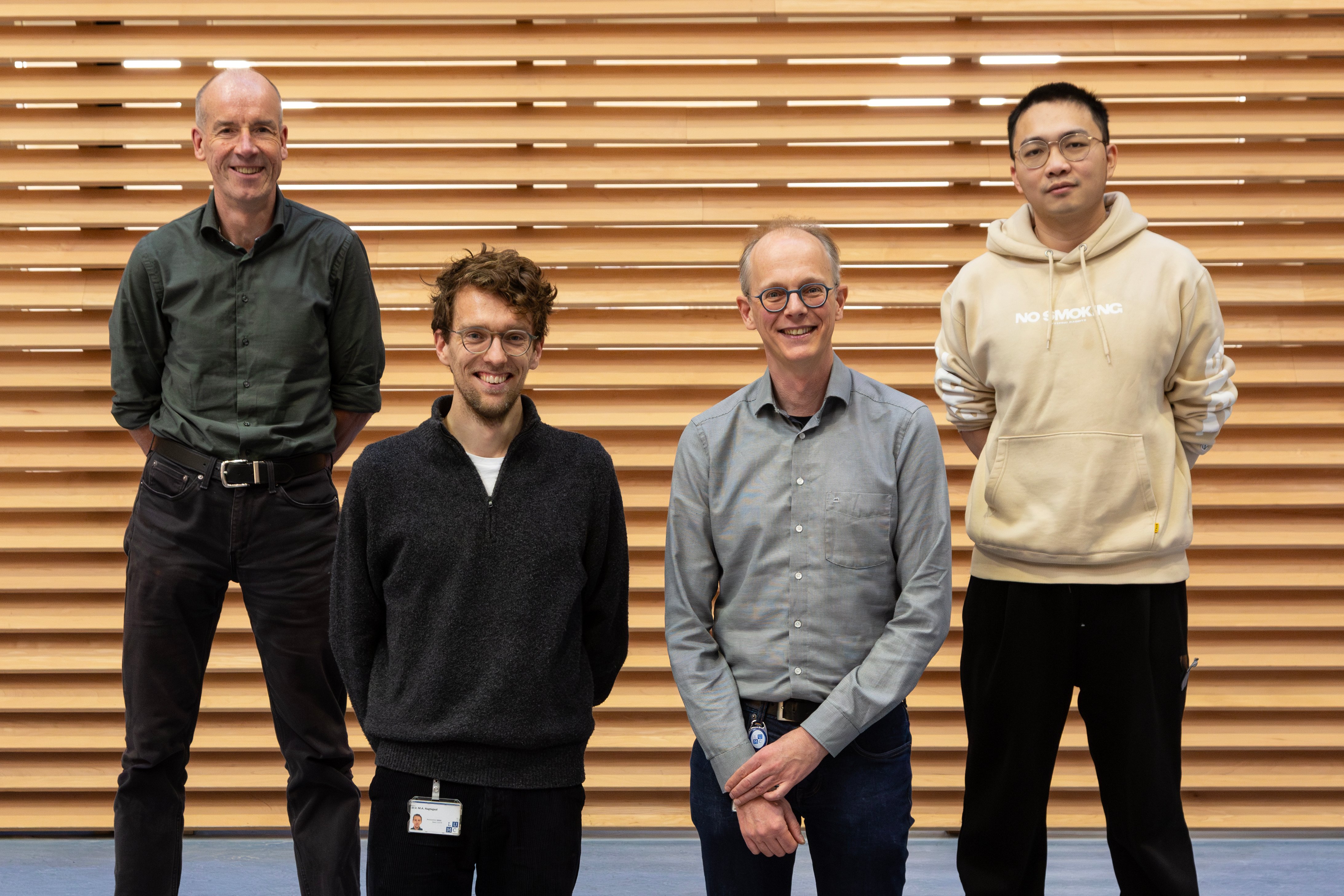MR Reconstruction group
Our AI-based research on MR reconstruction is concentrated within the ICAI-lab “AI4MRI”. This research-line is a direct follow-up of the international 2019 fast MRI challenge, where Philips and LUMC won key tracks by demonstrating that the acquisition of anatomical MRI scans can be accelerated by a factor of 4-8, with promising image quality, by using a deep learning reconstruction method. At the moment, we aim to accelerate MRI-examinations by combining multi-contrast acquisitions, by exploiting temporal redundancy in cine cardiac MRI, and to make MRI less susceptible to motion.
…Our AI-based research on MR reconstruction is concentrated within the ICAI-lab “AI4MRI”. This research-line is a direct follow-up of the international 2019 fast MRI challenge, where Philips and LUMC won key tracks by demonstrating that the acquisition of anatomical MRI scans can be accelerated by a factor of 4-8, with promising image quality, by using a deep learning reconstruction method. At the moment, we aim to accelerate MRI-examinations by combining multi-contrast acquisitions, by exploiting temporal redundancy in cine cardiac MRI, and to make MRI less susceptible to motion.
Another important research line is to improve multi-shot EPI diffusion weighted imaging by chemical shift-encoded acquisitions. Applications that are being considered are for example prostate MRI. Finally, efficient acquisition methods and smart reconstruction approaches to improve MR Fingerprinting is another important research topic of interest.
Team members
- Thijs van Osch, co-PI
- Andrew Webb, co-PI
- Peter Bornert, faculty
- Martijn Nagtegaal, postdoctoral researcher
- Chinmay Rao, PhD candidate
- Yiming Dong, PhD candidate
- Laurens Beljaars PhD candidate
- Navid Jabarimani, PhD candidate
